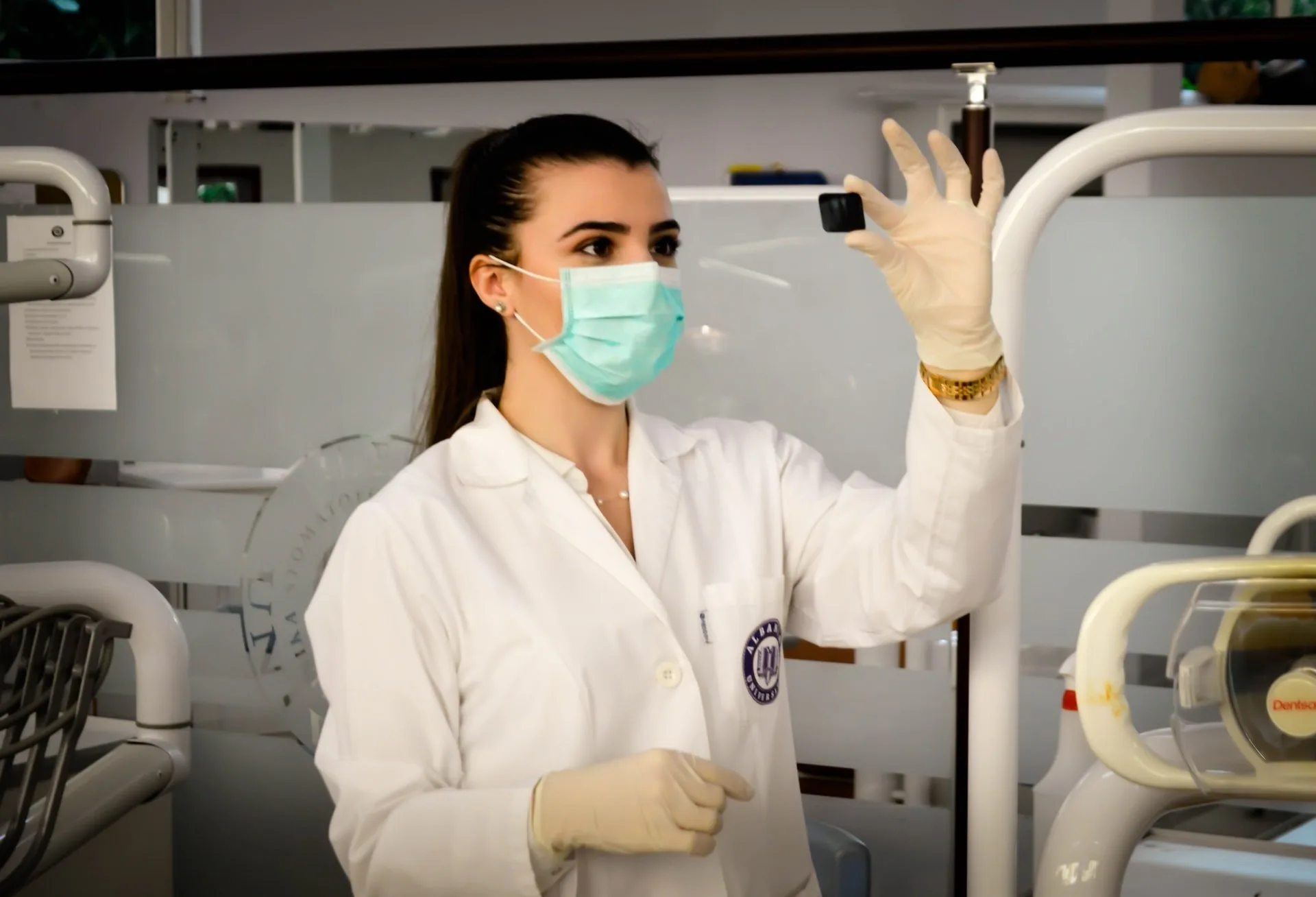Longevity Live Paid Content. Over the years, we have seen several outstanding and remarkable technological inventions in healthcare. Wearable technology, remote monitoring tools, telehealth, and genome sequencing are a few examples, but there is no stopping here. There is a long road ahead for technology and healthcare to develop further. There is no doubt that technology plays a significant role in revolutionizing the healthcare system. Still, it’s not the only factor contributing to the cause.
Healthcare workers are significant elements of the healthcare sector. A person on their deathbed wouldn’t be able to cure themselves even with the use of the supreme form of technology without an expert’s assistance. The healthcare system is evolving, and so are the roles of doctors and nurses. However, nurses are unfortunately not nearly as appreciative as doctors are for their jobs. Despite doctors, nurses also put in a tremendous amount of effort and risk in their work. Some might even argue that they are the healthcare system’s backbone, the unsung heroes in this case.
Hence, the healthcare system cannot survive without nurses and their efforts and dedication. Nurses are an especially significant contributor towards improving the healthcare sector. Below, we have mentioned a few ways nurses contribute to a positive change in the healthcare system.

Photo by JESHOOTS.COM on Unsplash
Highly educated
Becoming a nurse isn’t as easy as it sounds; it requires you to pass some challenging and grueling years at med school. But, it is also the phase where nurses learn about the most relevant skills regarding their profession. Most nurses usually have a BSN or MSN degree, but a terminal degree can give you more exposure. Besides, with the excessive availability of online DNP programs, securing a doctorate has become relatively easy and very convenient.
Education matters a lot, especially in a profession as complex as nursing. Education requirements, expectations, and criteria keep changing with time. Nurses are taught about the latest inventions and advancements well before they step into the real world, so they are prepared to face the challenge. Med school also teaches nurses about the importance of adaptation to innovation. An overlooked but extremely crucial skill for healthcare workers. After all, being welcoming to change in this fast-paced and continuously advancing world is vital.
They provide first-rate patient care
Patient care is the most significant role of a nurse. Nurses are, in fact, skilled in providing top-notch patient care, better than anyone else at any healthcare facility. Nurses help and assist patients with whatever they might need. It can be injury-related help or mental advice.
Often, nurses also act as advocates for their patients. They monitor and analyze each patient’s progress and participate in making informed decisions along with other professionals. Nurses also guide about various treatment plans when patients are not in a condition to make decisions all by themselves. They act as caretakers for patients’ wants and needs. Patient advocacy also involves informing and guiding the patient’s family members about the patient’s health in detail.
They are super energetic
Nursing is not an easy job at all. It’s not like your typical 9-5 job; instead longer, tiring, and more strenuous. Many nurses work in 10 or 12-hour shifts daily with very little time left for themselves. Even with such hectic schedules, you will see nurses super energetic. They are dedicated, hardworking individuals who take their jobs seriously and care about their patients sincerely.

Photo by Andrea Piacquadio from Pexels
Nurses are also very calm. They are trained to maintain their temperament even during the most critical situations. Such casual and tranquil behavior considerably lessens the tension in the room. It also acts as a great reassurance monitor for patients and family members.
They are team players
Treating a patient isn’t the sole responsibility of a single healthcare worker but a team’s. For instance, a surgeon doesn’t carry out a surgery independently; instead, he has a whole team to help him or her. It includes junior doctors, a certified registered nurse, an operating room nurse, a surgical technician, and many others. The point is that teamwork is a critical component of nursing.
Nurses work in various shifts with different doctors and consultants every other day. Nurses also coalesce in times of emergencies and make sure to provide their patients with the best care. They are experts at teamwork.
They have outstanding people skills
At times, patients or their family members can be extremely rude. However, this doesn’t stop nurses from being respectful. They always maintain a sense of positivity around them, help patients and their families overcome their fears and worries. Nurses are active listeners and great communicators. They fully understand when and how to show empathy. Their cheerful and optimistic behavior helps them gain the patient’s trust.
They maintain a holistic attitude
The world is quickly diversifying, and people are becoming more and more sensitive about their culture and identity. Hence, people need to show their support and empathy to different cultures and traditions. It is also vital that nurses show sensitivity to patients’ beliefs and cultures. In short, it is best when nurses act as holistic caregivers catering to patients’ mental and spiritual needs.

Photo by Hush Naidoo on Unsplash
Well-organized
Healthcare facilities, especially hospitals, are unexpected places. There will be times when there are hardly any patients admitted. In contrast, at other times, swarms of people will be present simultaneously. However, nurses rarely get affected by such instances because they always remain organized.
As mentioned before, apart from patient-care, nurses are also responsible for all the paperwork and data entries. They are responsible for keeping correct records of patients and making timely plans for them. For example, when should the patient have another test or take medicine? Nurses are capable of fulfilling so many duties altogether by creating a schedule and following it. It helps them remain organized and avoid any last moment chaos.
Conclusion
Nurses are indeed a substantial part of the healthcare sector. They also have greater autonomy today. In cases of utmost emergencies, it is the nurse’s responsibility to stabilize the patient immediately. In some instances, nurses are also allowed to act without a doctor’s permission.
Nurses play a significant role in revolutionizing the healthcare system. Without their efforts and care, the healthcare system would easily fall at the first hurdle.



![women [longevity live]](https://longevitylive.com/wp-content/uploads/2020/01/photo-of-women-walking-down-the-street-1116984-100x100.jpg)










